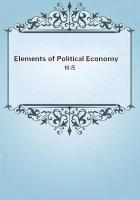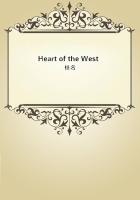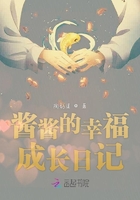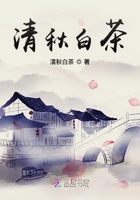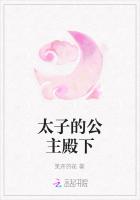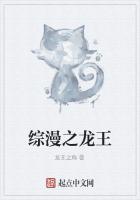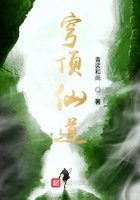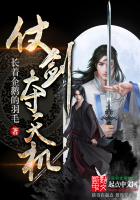Nor was this all.Its summit was flat, and in the midst of it stood a huge tree.Even had it not been for the fruit which hung from its branches, the aspect of that tree must have struck the beholder as uncanny, even as horrible.The bark on its great bole was leprous white; and from its gaunt and spreading rungs rose branches that subdivided themselves again and again, till at last they terminated in round green fingers, springing from grey, flat slabs of bark, in shape not unlike that of a human palm.Indeed, from a little distance this tree, especially if viewed by moonlight, had the appearance of bearing on it hundreds or thousands of the arms and hands of men, all of them stretched imploringly to Heaven.
Well might they seem to do so, seeing that to its naked limbs hung the bodies of at least twenty human beings who had suffered death by order of the king or his captains, or by the decree of the company of wizards, whereof Hokosa was the chief.There on the Hill of Death stood the Tree of Death; and that in its dank shade, or piled upon the ground beneath it, hung and lay the pitiful remnants of the multitudes who for generations had been led thither to their doom.
Now, in Owen's vision a man was seen approaching by the little pathway that ran up the side of the mount--the Road of Lost Footsteps it was called.It was Hokosa the wizard.Outside the circle of the tree he halted, and drawing a tanned skin from a bundle of medicines which he carried, he tied it about his mouth; for the very smell of that tree is poisonous and must not be suffered to reach the lungs.
Presently he was under the branches, where once again he halted; this time it was to gaze at the body of an old man which swung to and fro in the night breeze.
"Ah! friend," he muttered, "we strove for many years, but it seems that I have conquered at the last.Well, it is just; for if you could have had your way, your end would have been my end."Then very leisurely, as one who is sure that he will not be interrupted, Hokosa began to climb the tree, till at length some of the green fingers were within his reach.Resting his back against a bough, one by one he broke off several of them, and averting his face so that the fumes of it might not reach him, he caused the thick milk-white juice that they contained to trickle into the mouth of a little gourd which was hung about his neck by a string.When he had collected enough of the poison and carefully corked the gourd with a plug of wood, he descended the tree again.At the great fork where the main branches sprang from the trunk, he stood a while contemplating a creeping plant which ran up them.It was a plant of naked stem, like the tree it grew upon; and, also like the tree, its leaves consisted of bunches of green spikes having a milky juice.
"Strange," he said aloud, "that Nature should set the bane and the antidote side by side, the one twined about the other.Well, so it is in everything; yes, even in the heart of man.Shall I gather some of this juice also? No; for then I might repent and save him, remembering that he has loved me, and thus lose her I seek, her whom I must win back or be withered.Let the messenger of the King of Heaven save him, if he can.This tree lies on his path; perchance he may prevail upon its dead to tell him of the bane and of the antidote." And once more the wizard laughed mockingly.
The vision passed.At this moment Thomas Owen, recovering from his swoon, lifted his head from the window-place.The night before him was as black as it had been, and behind him the little American clock was still striking the hour of midnight.Therefore he could not have remained insensible for longer than a few seconds.
A few seconds, yet how much he had seen in them.Truly his want of faith had been reproved--truly he also had been "warned of God in a dream,"--truly "his ears had been opened and his instruction sealed."His soul had been "kept back from the pit," and his life from "perishing by the sword"; and the way of the wicked had been made clear to him "in a dream, in a vision of the night when deep sleep falleth upon men."Not for nothing had he endured that agony, and not for nothing had he struggled in the grip of doubt.

